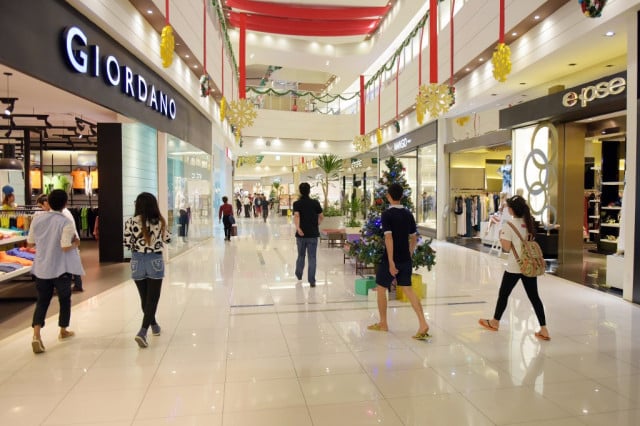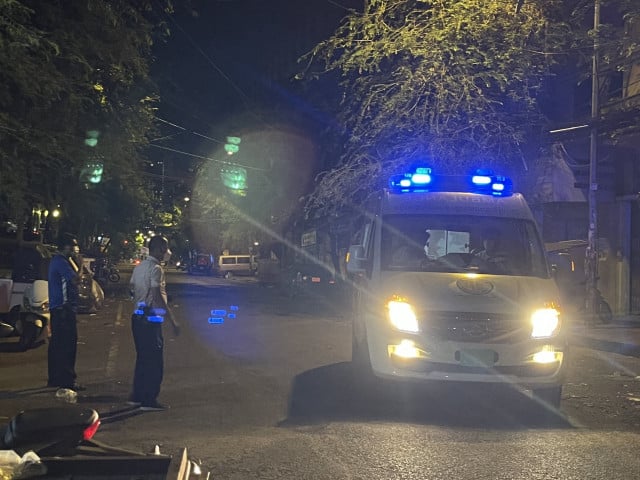Young Middle-Class Cambodians: Welcome to an Old World…

- Lim Tola
- June 15, 2019 5:42 AM
Economists are adamant: All indicators of the emergence of a middle-class are there, at least in Phnom Penh.
Among those, there is the emergence of consumer-goods mecca like the Aeon malls such as the one in Sen Sok district, which is the biggest in the whole Southeast Asian region; the proliferation of large distribution centers in every field—food products, building materials, entertainment, automobile, etc.—and the boom in cafes, restaurants, sports and leisure facilities.
Experts also mention the boom in high-tech consumer products, especially in mobile phone with 19 million connected phones amounting to the colossal rate of 116 percent.
And then, they point out the boom in bank mortgages—37 percent over a period of one year—especially for young couples purchasing their first dwellings.
In Phnom Penh, the third post-war generation has more and more money and spend it to acquire consumer goods that their parents and grandparents were denied.
First, let’s commend this: a good news.
This indicates that Cambodia’s development, with its economic growth of about 7 percent over the last few years, pulls out all the stops without faltering.
This indicates that poverty and underdevelopment have shrunk.
This indicates that Cambodia is catching up on its neighbors after falling behind due to war and instability, which lasted years beyond the fall of the Khmer Rouge in 1979.
The windfall generated by stability is here and Phnom Penh’s new generation is taking advantage of it.
They take advantage of it and buy name-brand products, those brands being thrilled to see those new Cambodian consumers embracing overconsumption on the international market to the great displeasure of those promoting consumption within reason.
They take advantage of it, eating and drinking processed food and drinks that have caused health disasters elsewhere for a long time.
Set against the backdrop of today’s world and fueled by the extreme individualism that social media intensify, this actually is an old world with its consumerist economic model that opens cash drawers and lets credit flow for the emerging middle class and young Cambodians.
In western countries and especially in Europe, there are many people—among others in the younger generations—who question this economic model, which is potentially destructive, and especially wish for eco-aware development to stop global warming, a forerunner of natural disasters on a large scale according to numerous experts.
Engulfed in the dizzying uproar of consumerism taking Phnom Penh by storm after all those years of frugality, such questioning will hardly register with middle-class youth here.
Are those issues worth considering? If you are part of this new group of consumers, just think about this before you make your next visit to the mall.















